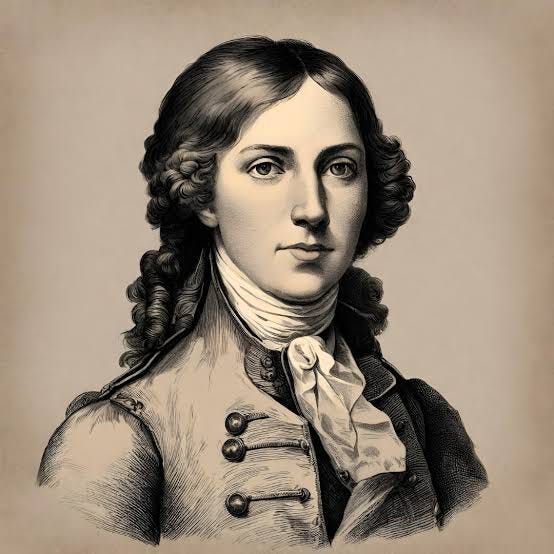Women's Work
A few words on my next project—and how I got there

I’m pleased to report that I’ve signed a contract offer for my next book, which in some ways is off my beaten path. It’s a foray into women’s history with a working title of “Massachusetts Maverick Women: A Revolutionary Tradition,” which will be a set of dozen portraits—from Anne Hutchinson to Abigail Adams—who blazed a trail of distinction in New England, and in so doing laid the foundations for contemporary American society. These character sketches will be stitched together by an overarching argument that a distinctively Protestant libertarian culture at the heart of the region’s original settlement created a unique climate in which women had roles and possibilities that help explain why the American Revolution began there, and fostered what might be termed a progressive sensibility that has been with us ever since. To be sure, Massachusetts was a patriarchal culture, like just about every culture on earth at the time. But in relative terms, it was a place apart in the western world—yet central to the place that became the United States.
I come to this enterprise as a bit of an amateur. Though I have written about any number of women in my career, most have been in the realm of popular culture (I’ve written chapters about people that include Jodie Foster, Meryl Streep, and Madonna). And while some of my books do engage with early American history, I’ve always considered my interest in the seventeenth and eighteenth centuries more personal than professional.
In other ways, though, the project reflects the tenor of my recent writing, which has taken a kind of local turn. I mean that in two senses. The first is temporal: though much of my work surveys wide expanses of time, in the last decade I have focused on the world of my youth in books on the seventies sitcom All in the Family, the films of Martin Scorsese, and a cultural reading of the year 1980. It’s been cultural comfort food—the characteristic vice, you might say, of an old man. Early American history is not local in that sense, though again it reflects my desire to inhabit terrain I find familiar as a matter of pleasure if not expertise. Regular readers of this space know that I have been running a series called “Sestercentennial Moments,” which looks at the 250th anniversary of the American Revolution from a contemporary perspective. The inspiration for that enterprise also comes from my childhood—the so-called “Bicentennial Minutes” that ran on TV to commemorate the Bicentennial in 1976. (For more on this, see here.)
But there’s been a local turn in my work in a more literal sense as well. This began with my last book, Bridge & Tunnel Boys, which compared the careers of Billy Joel and Bruce Springsteen as figures coming of age on the fringes of metropolitan New York (as did I). Next year I have book slated to come out that looks at a set of people, from George Washington to Whitney Houston—some native to New Jersey, some not—whose careers reached crucial turning points in the Garden State. (Even more local is the history of my school I’ve been writing to commemorate its centennial.) I’ve spent much of my life in New England, getting all my degrees there and living at different points in Massachusetts, Rhode Island, and New Hampshire. So I’m glad to be actually writing a book about it.
To some extent, my doing so reflects the vagaries of the publishing industry. I decided early in my career that I wanted to be a scholar because academic writers tend to follow their intellectual passions rather than the vagaries of the marketplace. But market considerations have never been entirely absent, even as many scholarly presses face the possibility of extinction. My current trajectory began with the Joel/Springsteen book because the domain of the editor I hoped to work with was local history. It has since been the path of least resistance, both as a matter of finding people willing to publish my work and topics I can imagine competently executing. This book is slated to be issued by Globe Pequot, a press that specializes in New England topics. (That’s Globe as in Boston Globe, though the house has changed membership many times.)
For some time now, I have been convinced that each book I write will be my last. I’m glad that my retirement—which will be met with relief and sorrow—has been deferred for a little while longer. (I joked to my wife when I got my contract offer that feminism is the last refuge of scoundrels.) Thanks to all who, in their different ways, have—and, I hope, will—accompany me on this journey.

As always, I await this new expedition eagerly. And, hopefully, our upcoming national election will make this particularly timely...